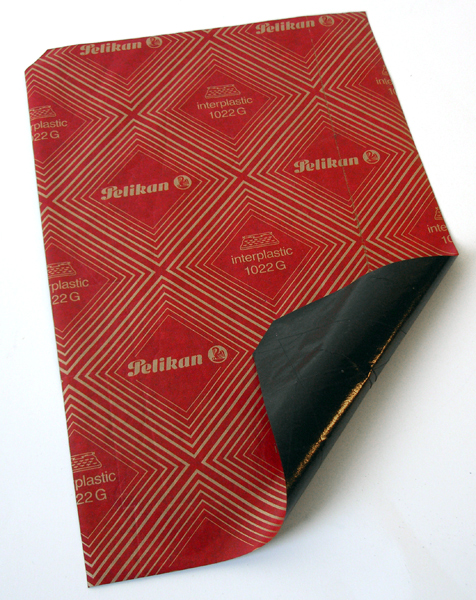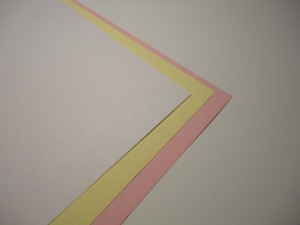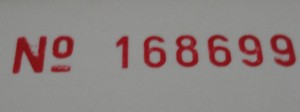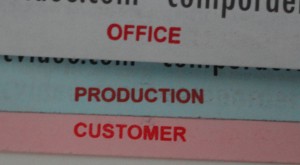NCR Paper
 We all remember being at the diner, as the waitress or waiter wrote down your order on those thin-papered notepads with the little black carbon paper sheet inside of them. If you notice, you don’t see them around much anymore.
We all remember being at the diner, as the waitress or waiter wrote down your order on those thin-papered notepads with the little black carbon paper sheet inside of them. If you notice, you don’t see them around much anymore.
Why? Because as the acronym implies: NCR – No Carbon Required – is the efficient alternative of today.
These days the paper you write on has a coating that transfers what you wrote on the top page to the sheets below without the need of the famous carbon paper.
History of Carbonless Paper
NCR paper was invented by two chemists working for the NCR Corporation as a substitute for carbon paper. The back of NCR paper is coated with micro-encapsulated dye and the front is coated with a reactive clay. When the NCR paper is written on with a pen or other writing tool, the pressure from the point of the pen causes the micro-capsules coated on the back to burst spilling the dye onto the front of the sheet below making contact with the reactive dye and therefore creating a mark. source: wiki
Carbonless Paper Options
NCR paper is available in many different colors and what coating each sheet gets depends on the order and number of parts in the NCR Form. 
For example, in a 3 part NCR form:
1. White CB (coated back): The first sheet is usually white in color and does not require a clay coating on the front since it will be written on directly. The back is coated with the micro-encapsulated dye in order to transfer to the second sheet.
2. Yellow CFB (coated front and back): The second NCR sheet is usually yellow (canary) which will be coated with clay on the front to react to the dye from the back of part 1 and also coated with the dye on the back in order to transfer the writing to part three.
3. Pink CF (coated front): Sheet 3 will be pink and coated on the front with the clay coating only since it has nothing more to transfer to through the back. Note: Any of the NCR papers can also be printed on the back without preventing the coating to do its job.
NCR Form Binding
NCR forms are used by a wide range of businesses and institutions creating the need for different types of binding for specific uses. Here are a few examples of common NCR form binding types:
Edge Glued: Standard and least expensive, the edge glued form is quick and easy. Commonly used as receipts or for quote sheets.
Snap Set: A step up from the standard edge glued form, a snap set can keep parts together and allows for parts to be easily “snapped” off via a micro perforation at the stub.
Manifold Book: This is basically a Snap Set in book form. Specifically designed to keep copies protected for extended periods of time. Police use(d) these to write tickets and also used for commercial vehicle inspection reports.
NCR Finishing Options
NCR forms are used to keep records. Since most of these records are going to be stored , they need to include some way to be indexed and easily found:
Numbering
Marginal Words
Hole Punch






2 Comments
Patrick
June 30, 2020It’s cool that carbonless paper can be written on due to the pressure of a pen. My sister wants to use less carbon in the coming weeks. I’ll share this information with her so that she can look into her options for carbonless forms that can help her with this.
Birgit
January 13, 2013Thanks for putting together a great blog article about NCR books and pads. Easy to read and understand.